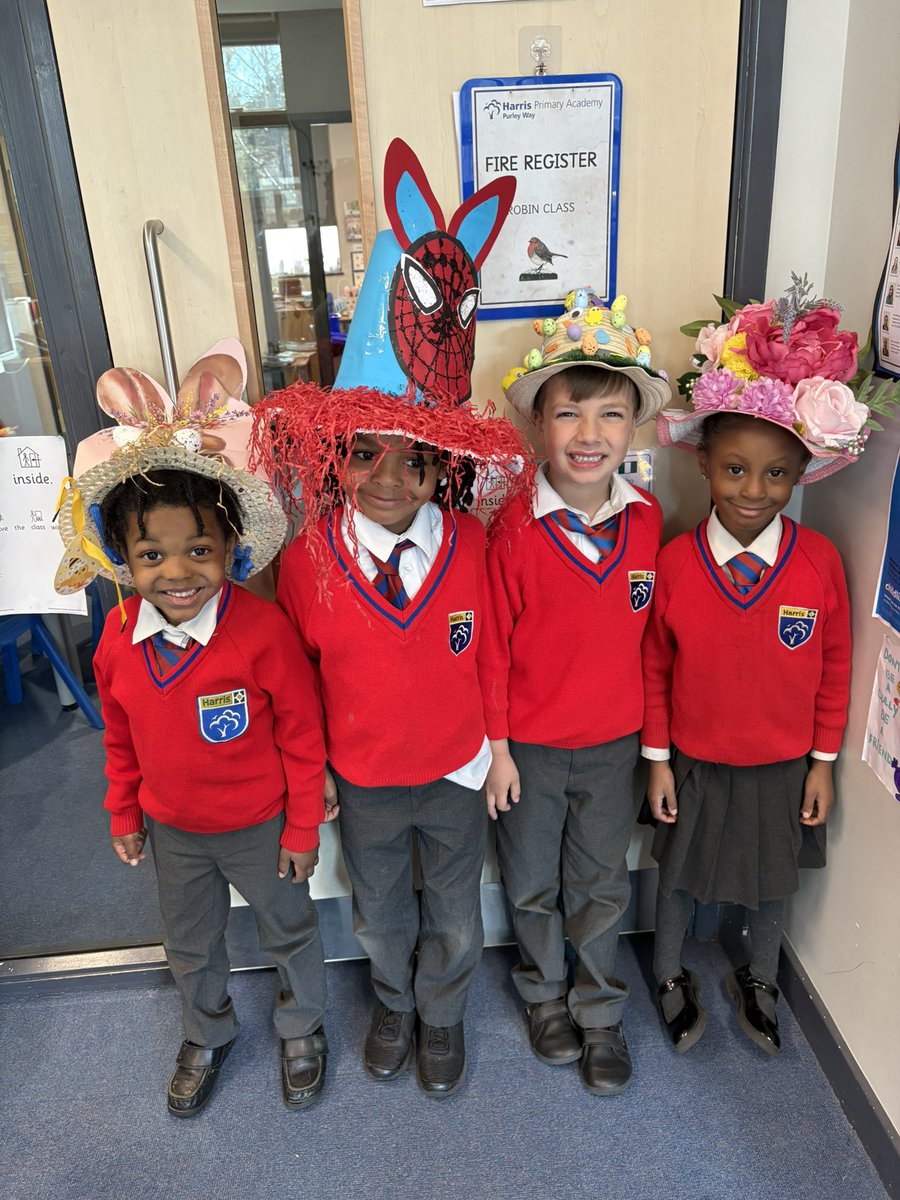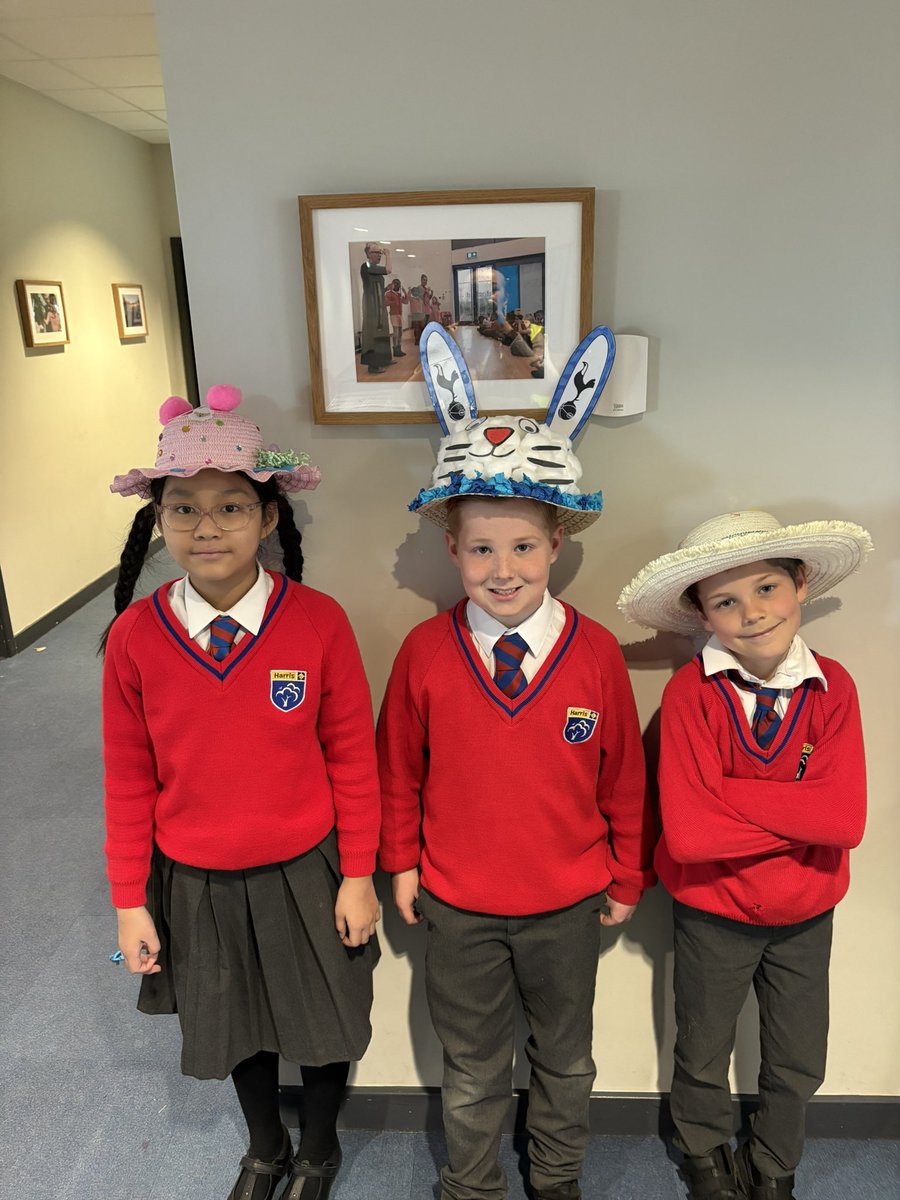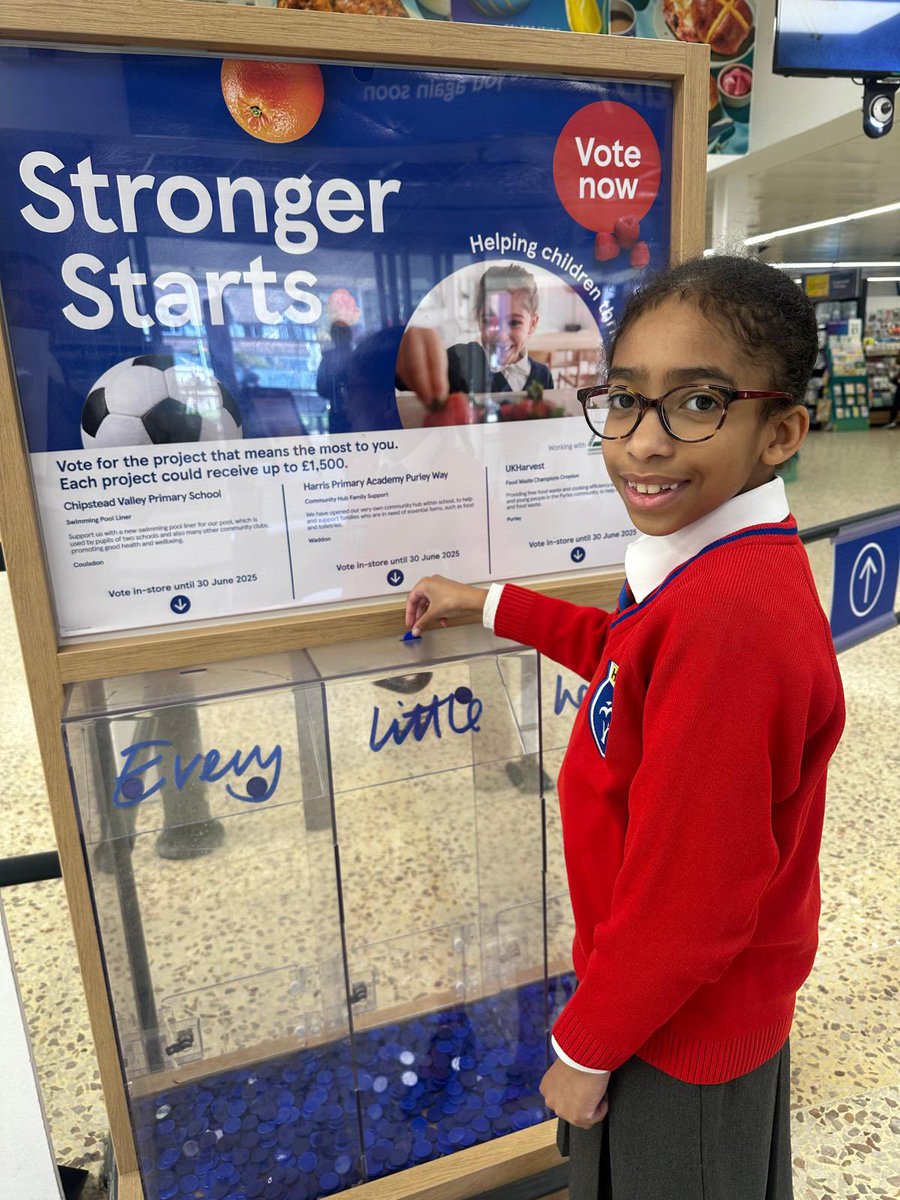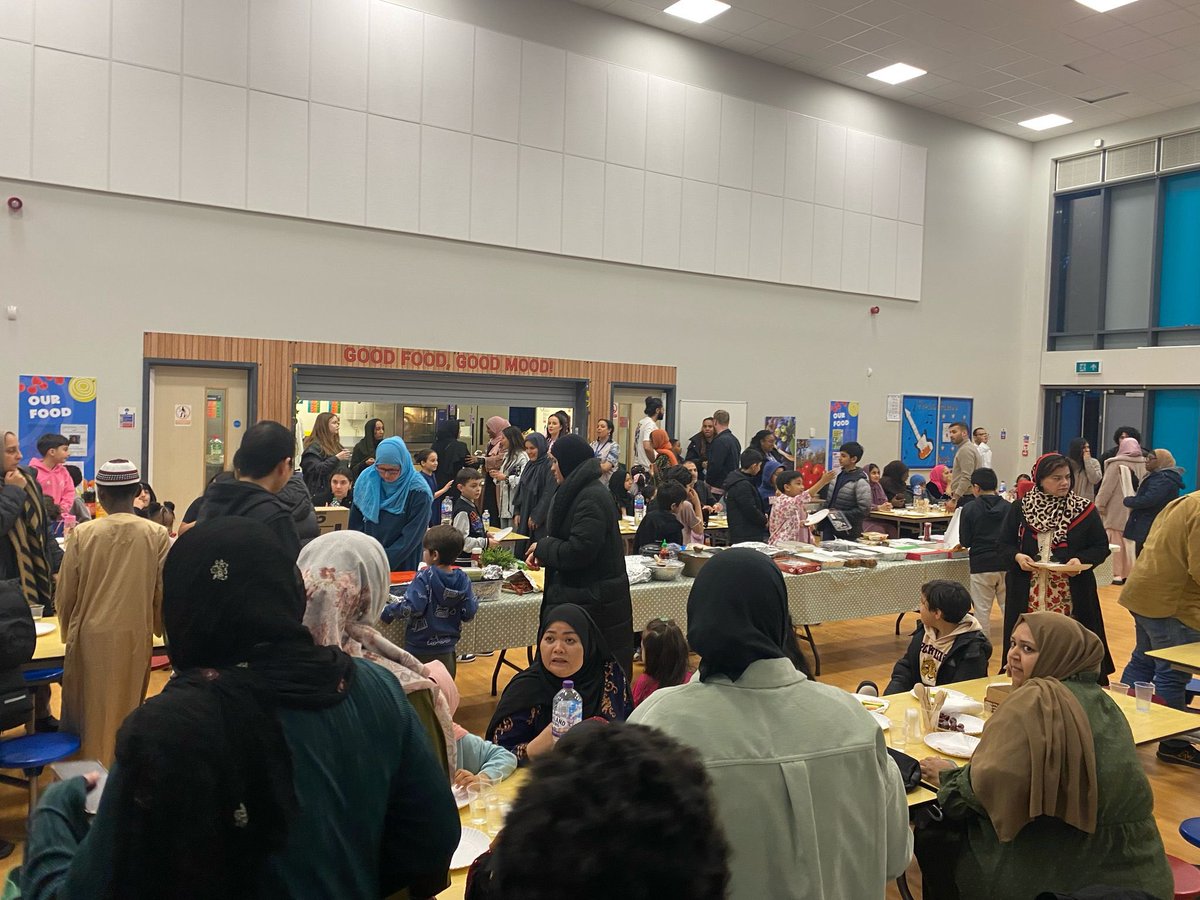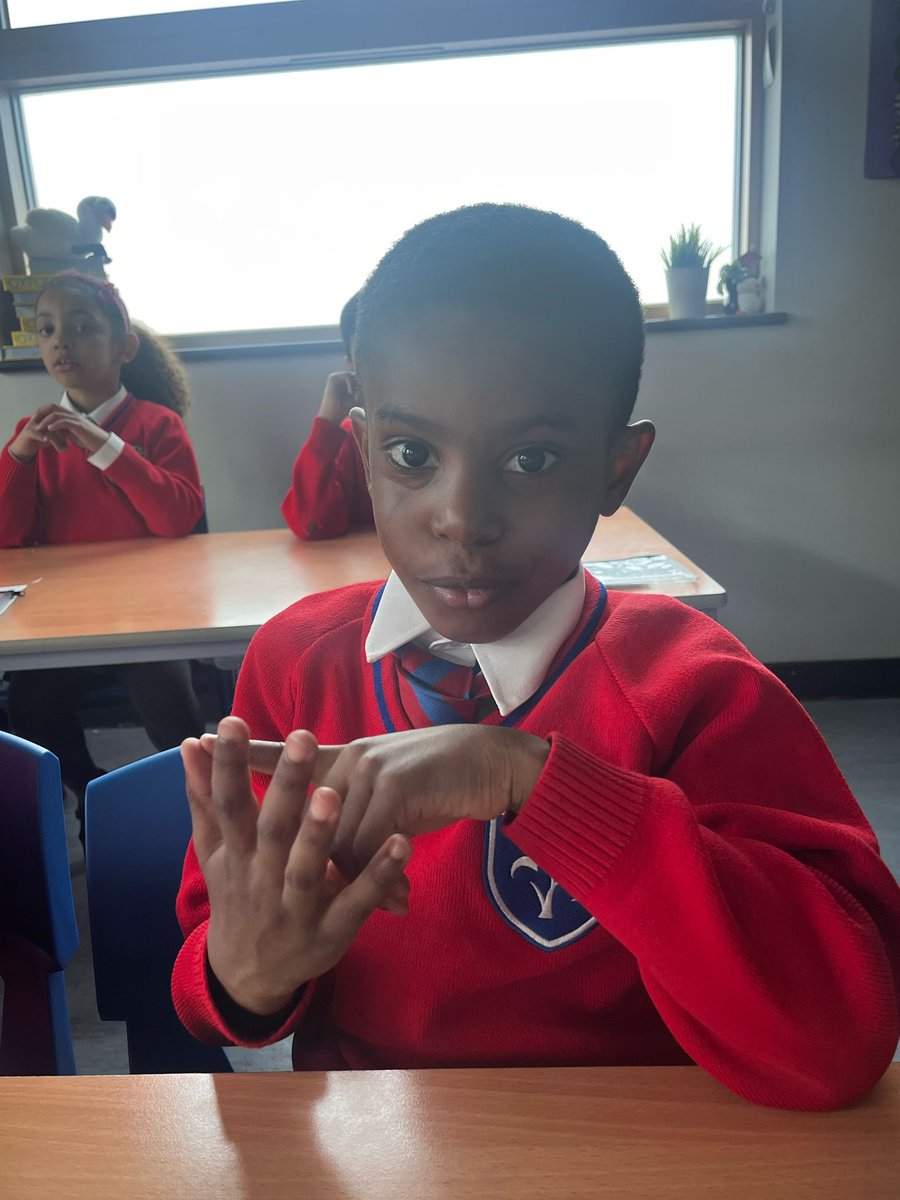404 Error: Page cannot be found
Page : https://www.harrisprimarypurleyway.org.uk//321/early-years
The page you were looking for cannot be found. It may have moved or been deleted.
02/04/25
🐰 🐇 The children had a special visitor today 🐰 🐇 pic.twitter.com/XoTY9HwwHN
follow us @HPAPW16
02/04/25
🐥 🥚 The children loved showing off their Easter bonnets in our Easter parade today 🐰 🐣 pic.twitter.com/N5kvSoKdL9
follow us @HPAPW16
02/04/25
We are on a roll with blue tokens in Tesco stores for our Community Hub! Don’t forget to ask for your tokens to support us! pic.twitter.com/MGN1T8YP7q
follow us @HPAPW16
31/03/25
Great start to a “Lovely Day” at HPAPW…we love a bit of music to feed the soul! 🎶🌞 pic.twitter.com/aoe5qE6rGT
follow us @HPAPW16
28/03/25
Year 3 Warblers doing a brilliant job with their 9 times tables this morning. Excellent work! ✖️9️⃣🤩 pic.twitter.com/ry0AZSZXlf
follow us @HPAPW16
27/03/25
It was amazing to see so many of our families come together for our first Iftar to break fast as a community. Some delicious dishes were shared and opportunities for prayer. So honoured and humbled to be able to celebrate our amazing community! Looking forward to next year! 🕌☪️ pic.twitter.com/Ol6iVO0ZWr
follow us @HPAPW16
19/03/25
This week is British Sign language week, we have been very excited to learn our letters and seasons in BSL in our online lesson! pic.twitter.com/AphD34vr0v
follow us @HPAPW16
19/03/25
💕🌸 Don’t forget to wear PINK on Friday to support Cancer Research 💕🌸 pic.twitter.com/yDYDCD805y
follow us @HPAPW16
11/03/25
PW turned into Scientists for the afternoon- predicting and investigating! Great fun! 🧪 🧑🔬 pic.twitter.com/64G1DimYaC
follow us @HPAPW16
10/03/25
🪚🗜️ Year 5 have been cutting their wood to begin making their birdhouses 🐦⬛🪚 pic.twitter.com/phIJ13BuSc
follow us @HPAPW16
06/03/25
A few of the staff getting into the spirit of the day. 🎉🤗 pic.twitter.com/yjFbuv9zHc
follow us @HPAPW16
06/03/25
…and take on the role of some of our favourite characters. pic.twitter.com/wbxBCh4N8O
follow us @HPAPW16
05/03/25
Our Year 5 children had a heartwarming visit, sharing stories and conversations with the wonderful residents at Haling Park Care Home! 📚 💙 Bringing generations together through the magic of books in preparation for #WorldBookDay. #ReadingTogether #CommunitySpirit pic.twitter.com/ByscBuTo13
follow us @HPAPW16
04/03/25
Dove Class had a great time learning to grate apples in DT! A fantastic skill they’re sure to use in the future. 😊 pic.twitter.com/7xtiTkNrkk
follow us @HPAPW16
The page you were looking for cannot be found. It may have moved or been deleted.


